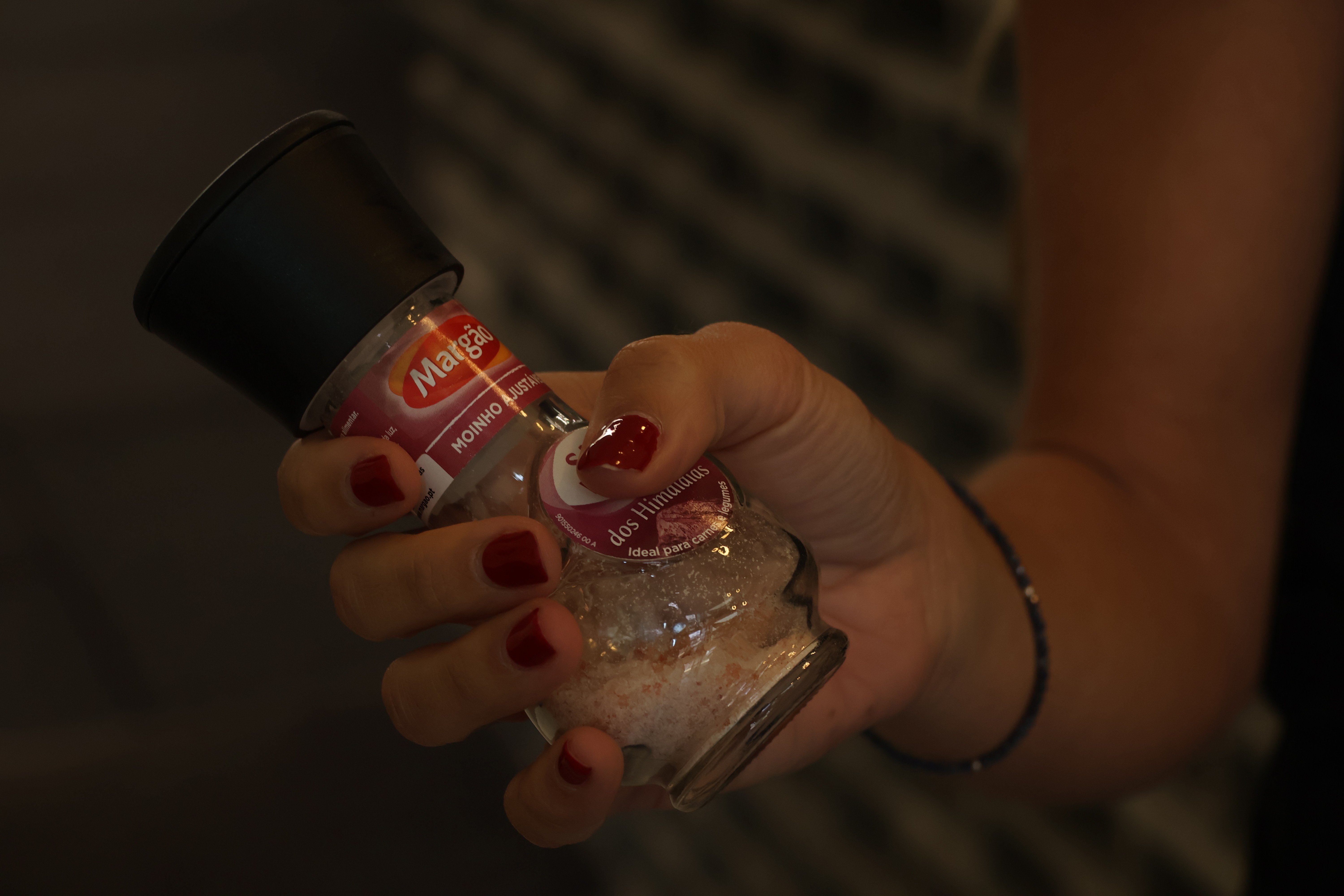2
min read
90% of the world consumes caffeine daily - the most popular source being coffee, although it’s present in soft drinks, energy drinks, tea and cocoa products. It generally has positive effects on mood, focus, and alertness.
Depending on your motivation for consuming caffeine, considering the timing of consumption can be very useful.
Caffeine can be beneficial for exercise, especially with endurance sports like swimming, cycling and running.
While most studies examine caffeine in supplement form, consuming this substance in coffee can also help boost your workout!
To better understand the effect of caffeine, let's first consider the well-known stress hormone, Cortisol.
Cortisol is involved in:
Regulating your sleep, energy, and stress
Helping your body use energy when needed
Preparing your bodyto react to stress
Promoting alertness during the day
Following the natural circadian rhythm - which facilitates sleep at night
What Are The Best Moments To Drink Coffee?
Waking Up: Cortisol levels are high at this time - adding caffeine will boost your wakefulness even further
Mid-Morning: Wait for cortisol levels to drop (fatigue may start to kick in), and take your coffee at this strategic time to keep you going
Early Afternoon: When that after-lunch crash hits, caffeine comes in! Be sure to take it early in the afternoon to avoid insomnia
Before Exercise: Consider drinking coffee 60 minutes before working out. It may help you feel more focused, stronger, and/or delay the time of exhaustion
Does Caffeine Have the Same Impact on Everyone?
The benefits of caffeine are many, but not everyone experiences them in the same way. Multiple factors may affect how your body reacts to caffeine, such as:
Genetics - which may make you more or less sensitive to caffeine
Habitual caffeine intake - consuming regular amounts of caffeine leads to higher tolerance and therefore, less effects
Diet - which may interfere with absorption
Medication - which may interfere with the way your body digests caffeine
Smoking - which enhances the effects of caffeine
Pregnancy - which makes it harder to eliminate caffeine from the body
Caffeine has a lot of benefits, but it can hurt your sleep pattern, so avoid it 6-8 hours before going to bed. If you suffer from anxiety, have high blood pressure, are pregnant, have a sleep disorder or acid reflux/heartburn, please consult a health professional before consuming caffeine.
If you want tailored strategies on how to improve your performance, through caffeine and other supplements, get in touch with our certified team at Daily Body Coach.













